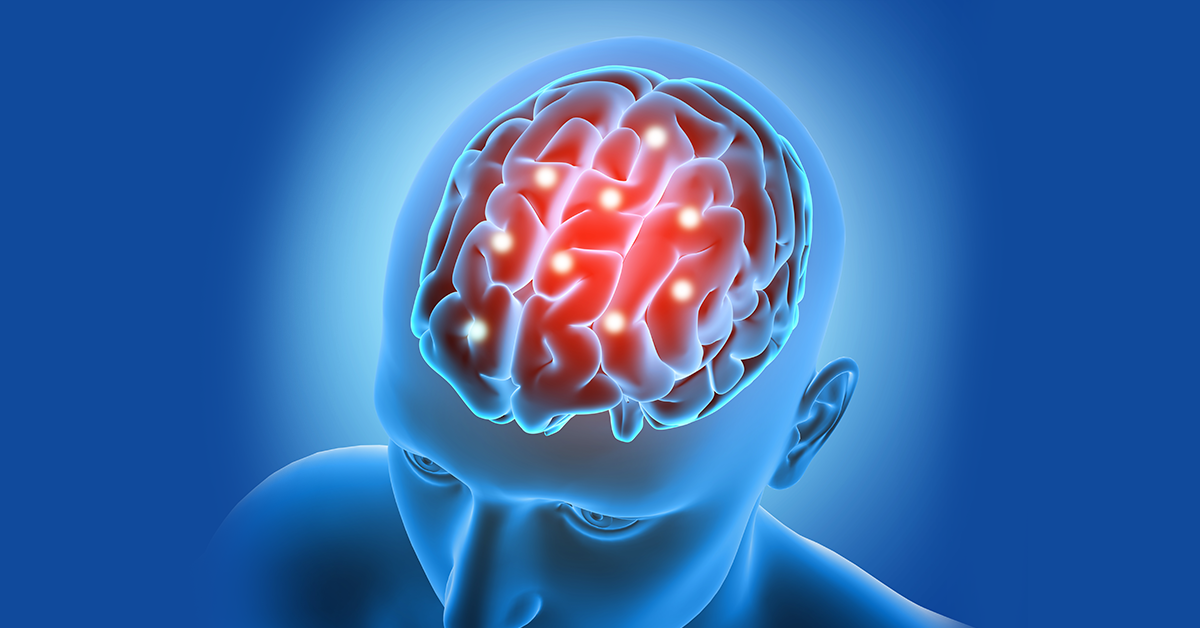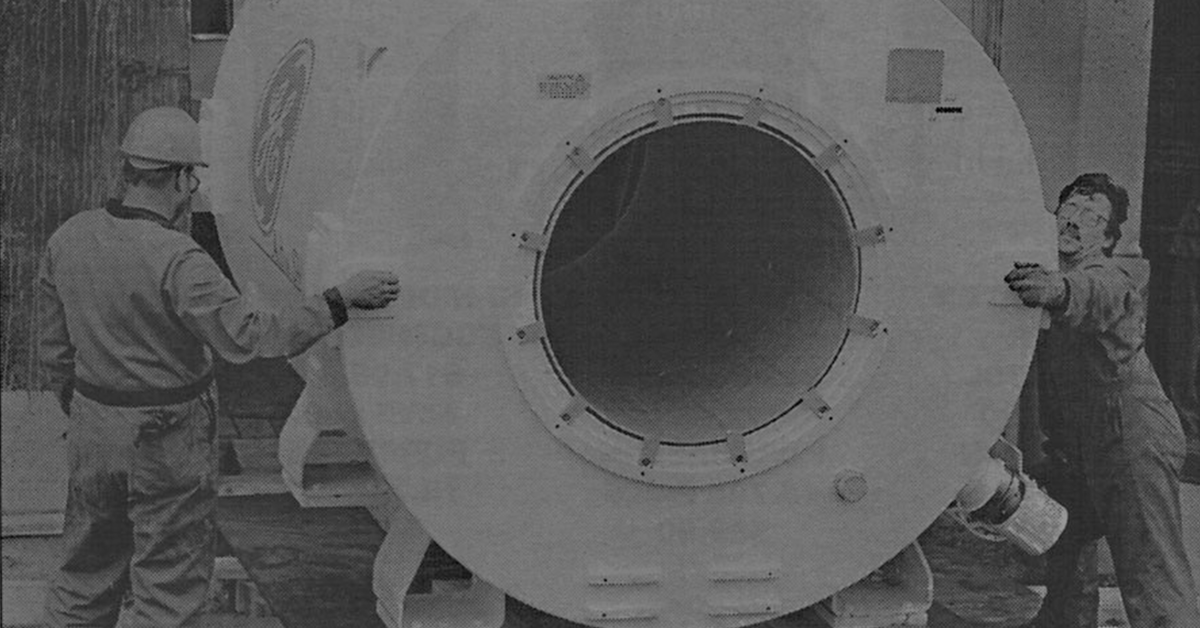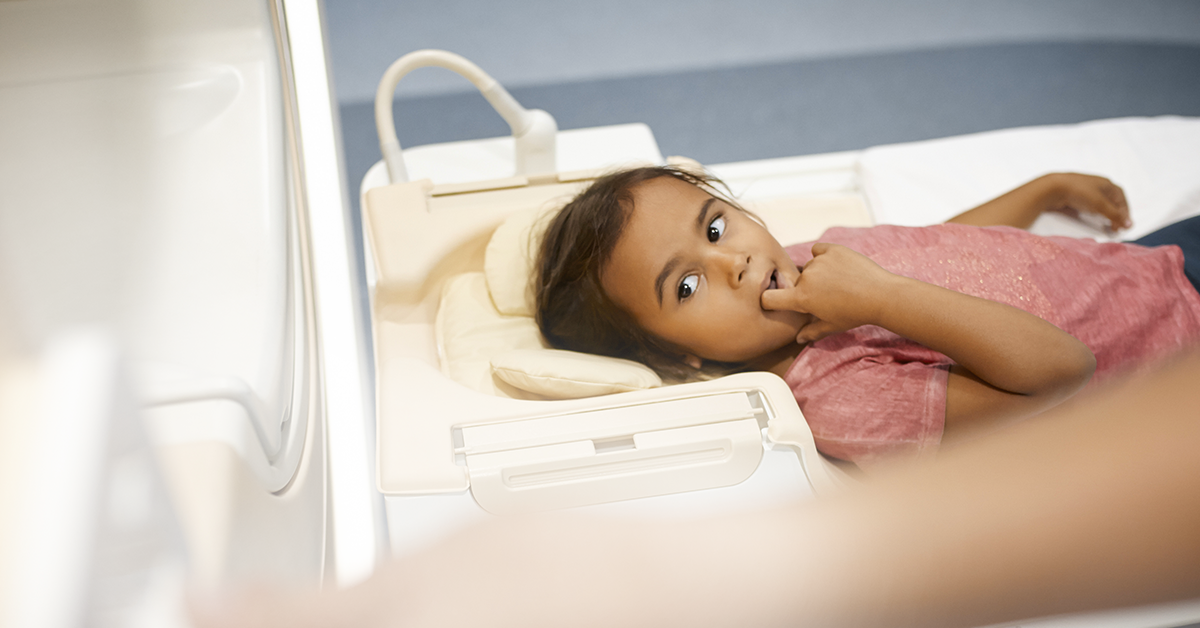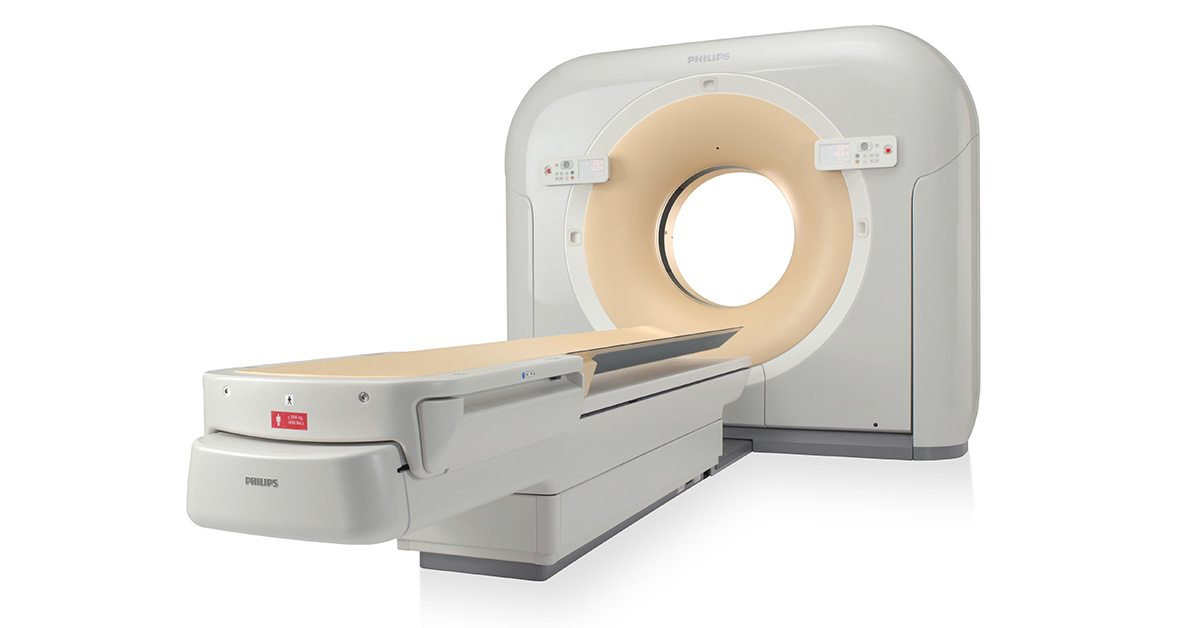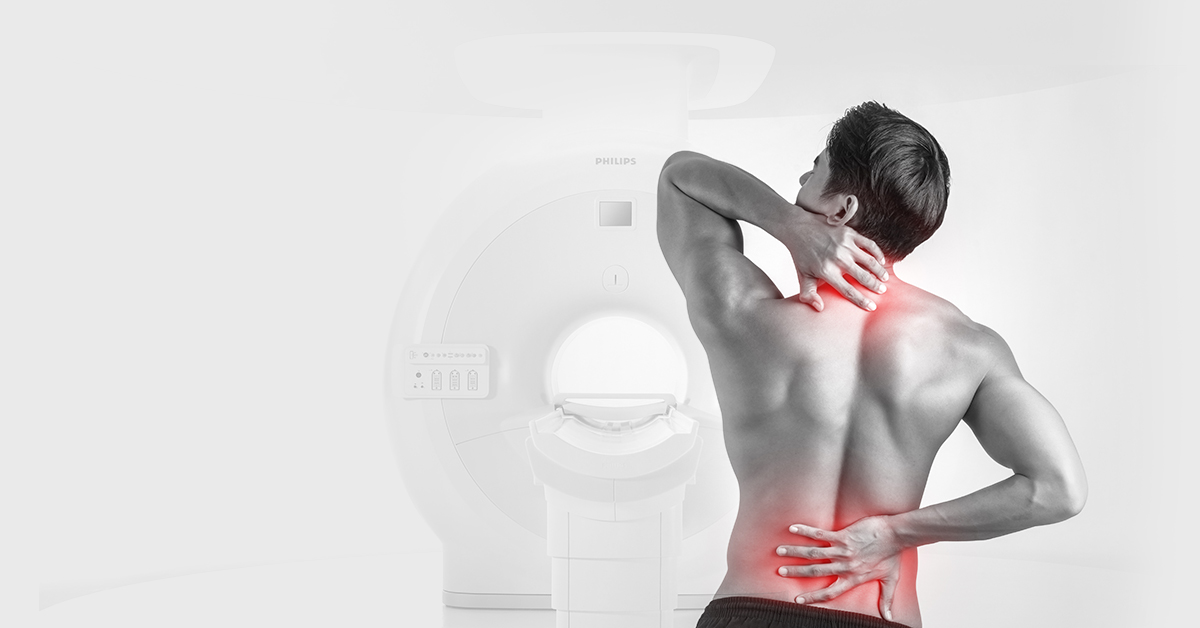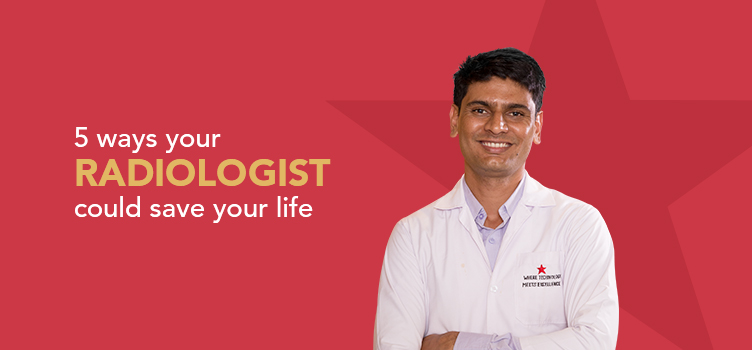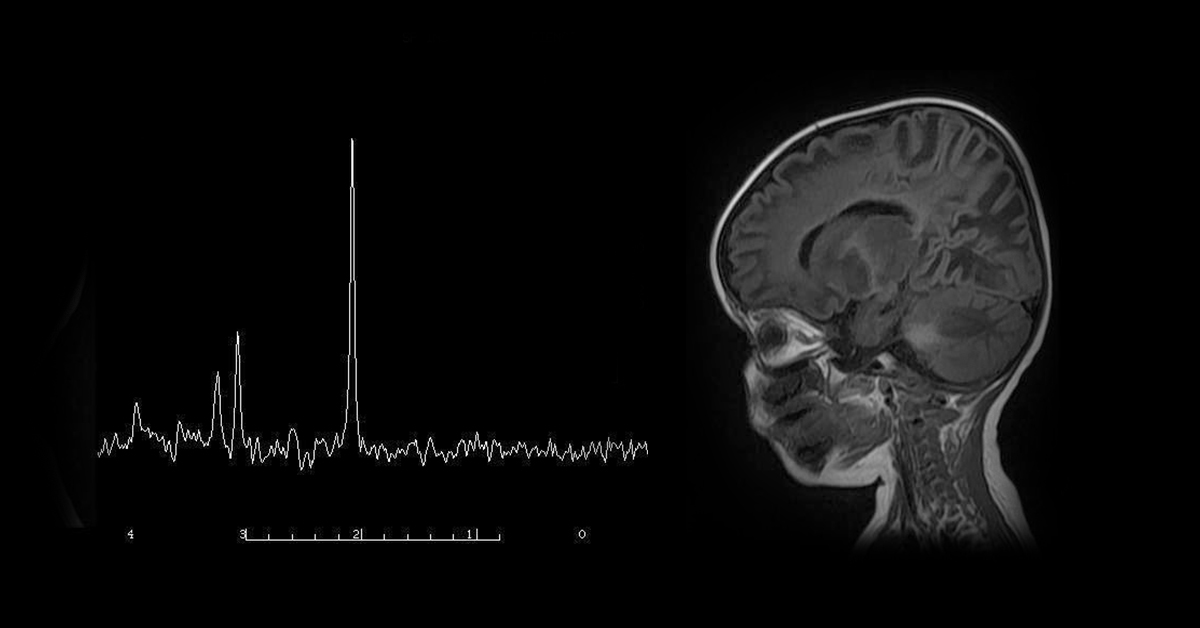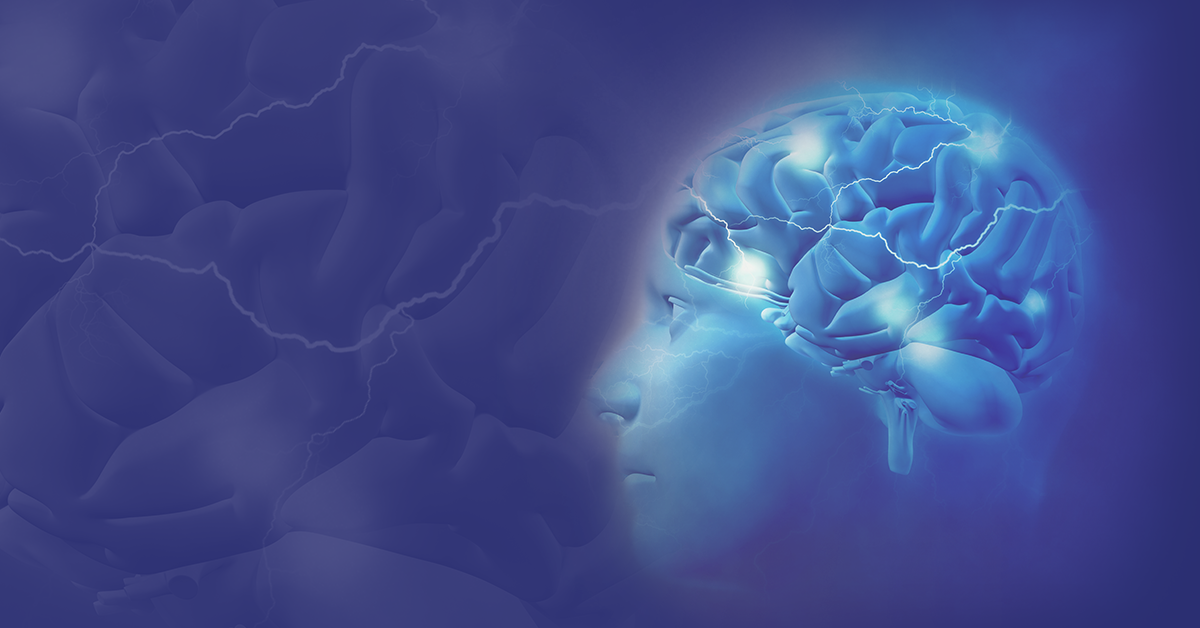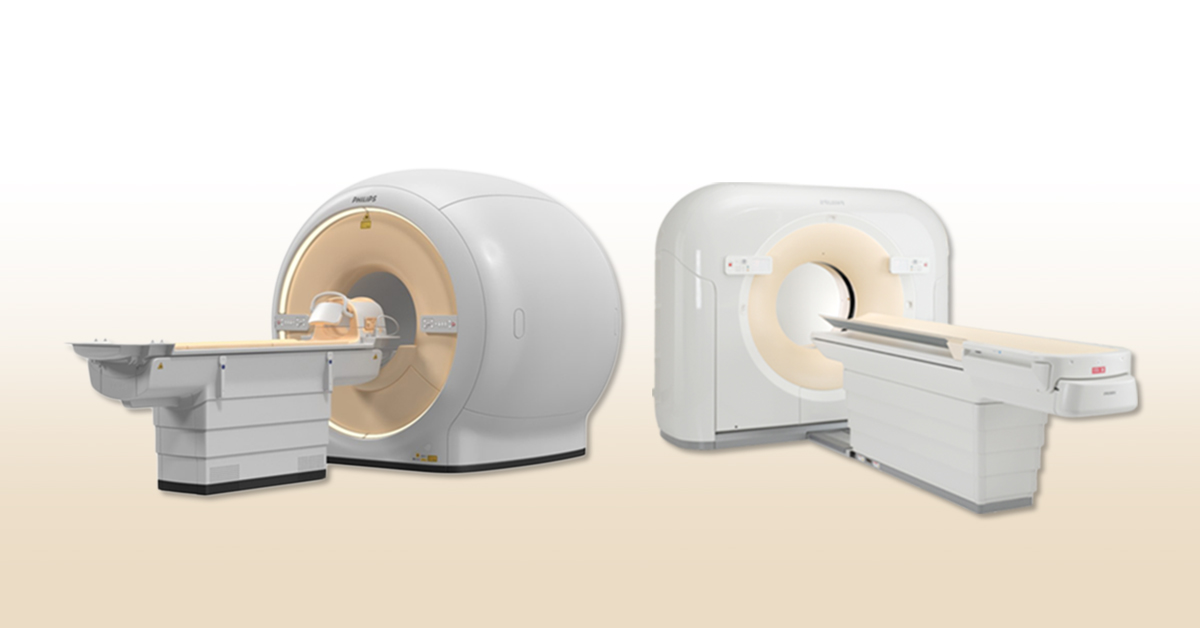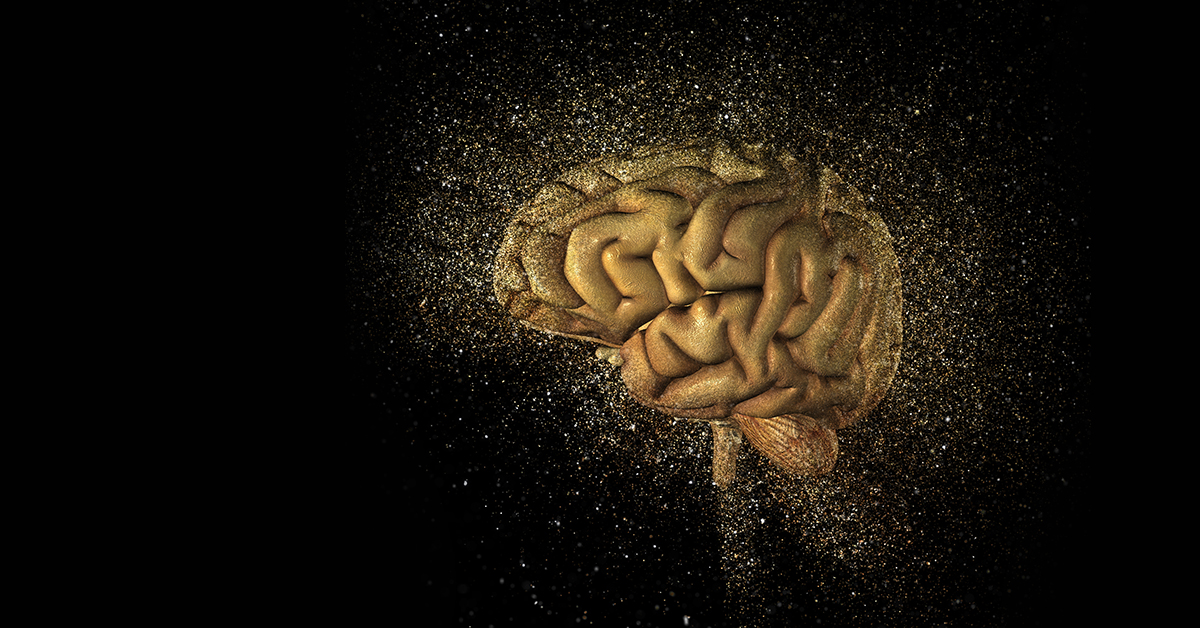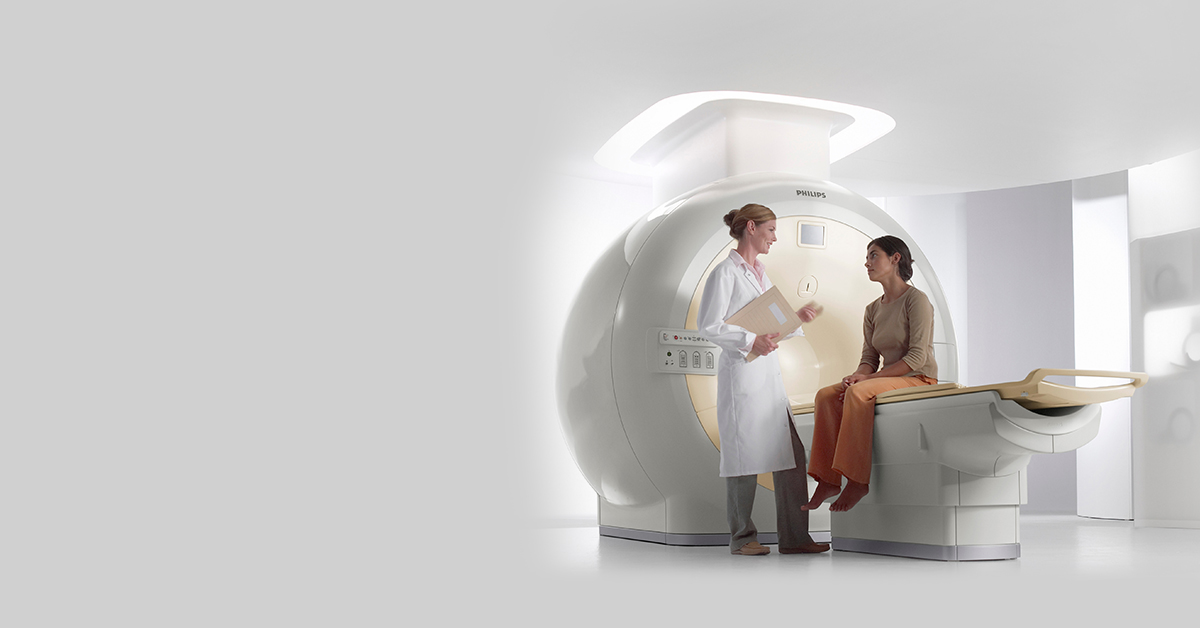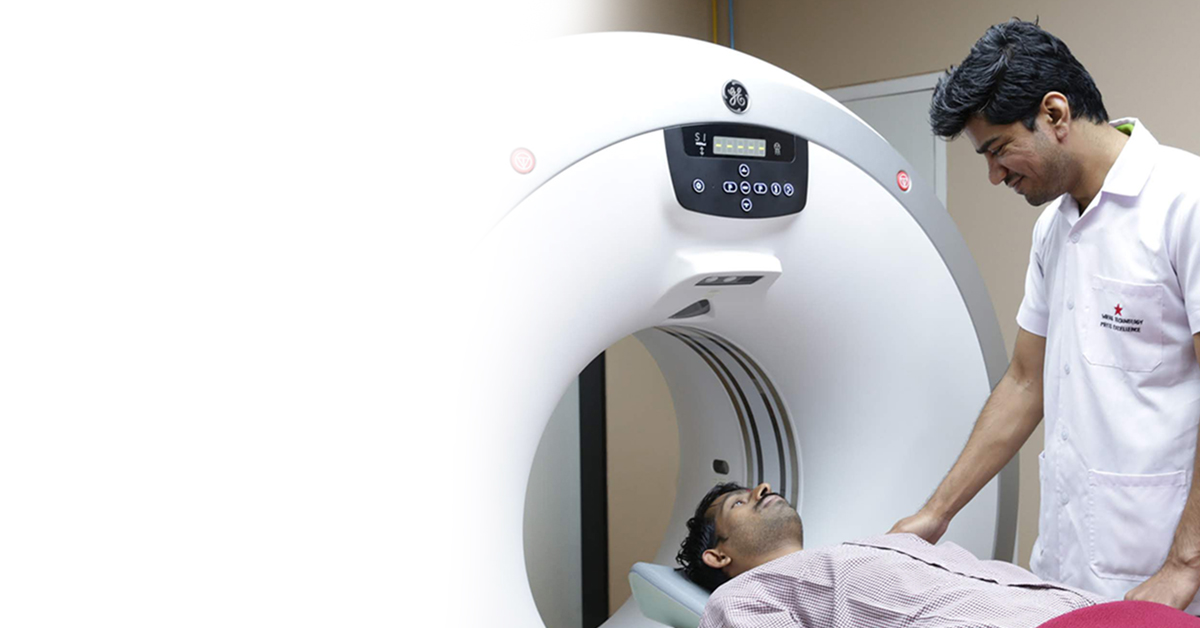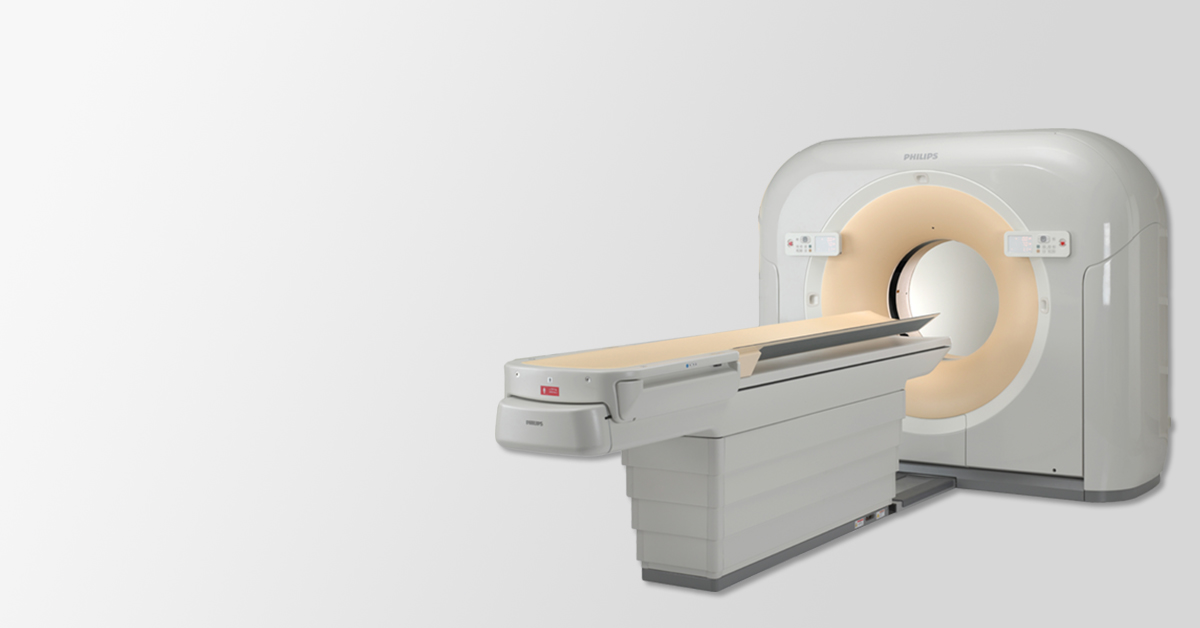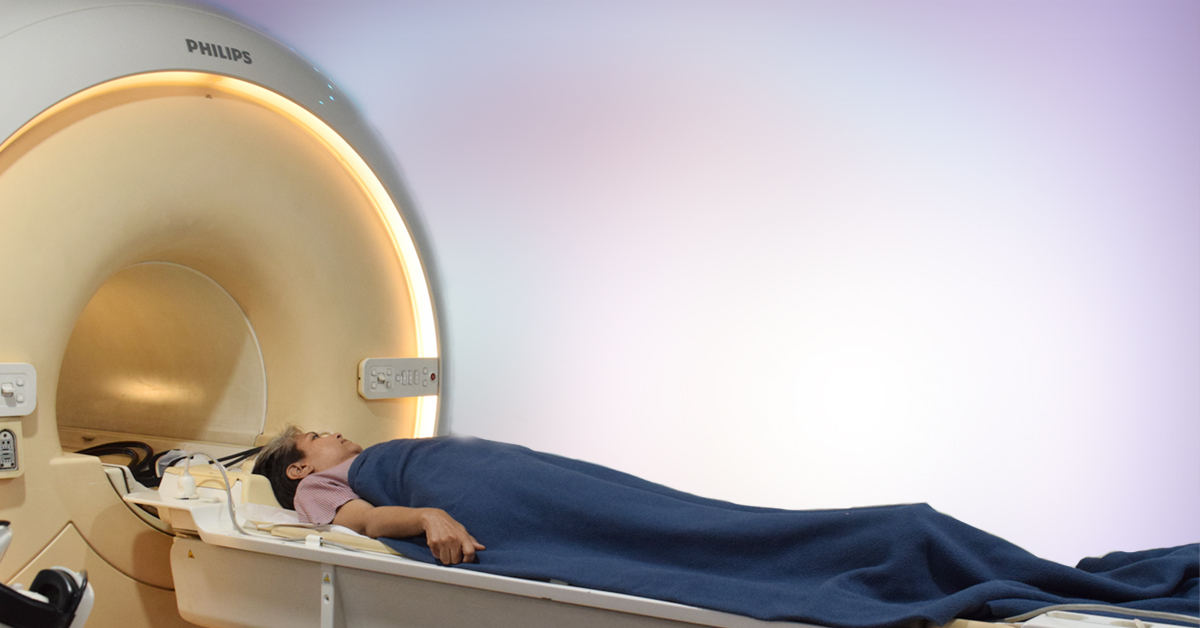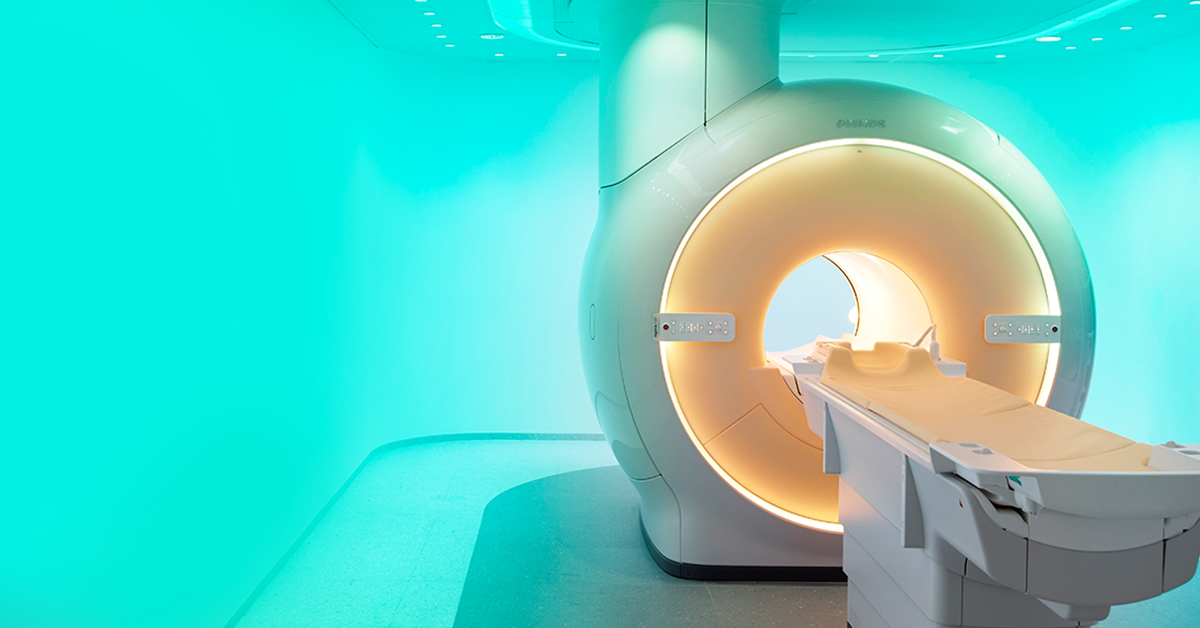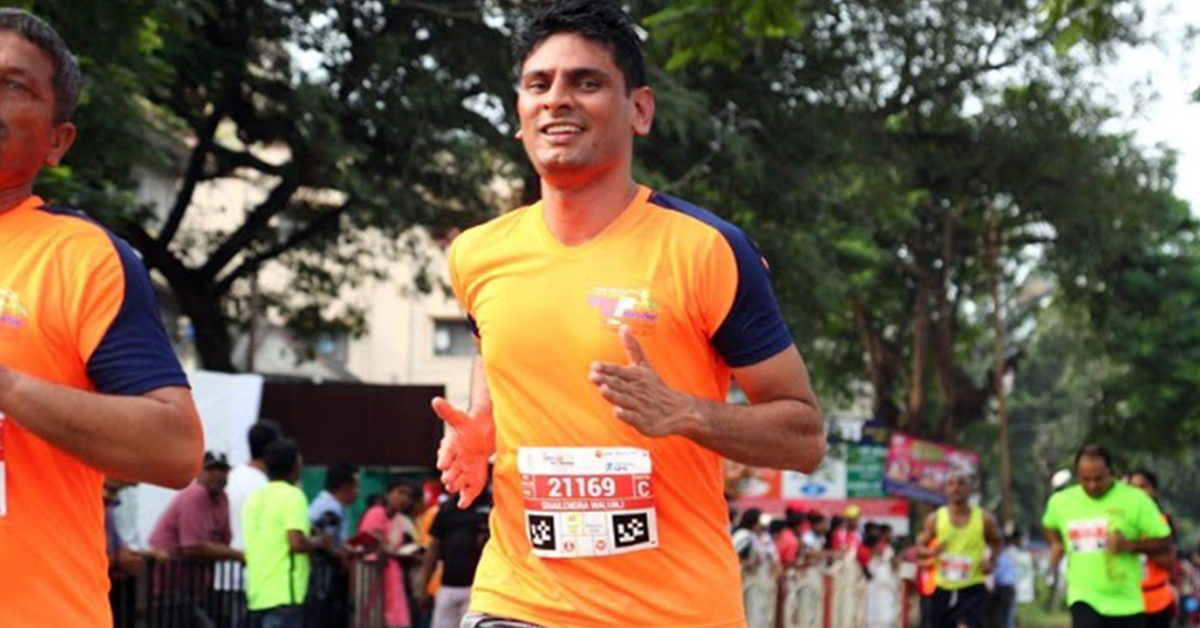
Must Know: What Should You Do When Your Loved One Has A Stroke?
The word ‘stroke’ strikes fear into the hearts of all since strokes can be fatal or have life-threatening consequences. However, knowing more about strokes and what you can do in case of one, can help you deal with this incident much better and take the right steps.
What is a stroke?
A stroke, also known as a brain attack, occurs when blood supply to an area of the brain gets interrupted. Our brain cells, like the other cells in our body, need oxygen and glucose to survive. That is why a stroke needs to be treated immediately to minimize brain damage. We’re not trying to scare you here, we’re simply stressing the fact that a stroke should be considered as a medical emergency. If you, or somebody you know, has just had a stroke, make sure you seek immediate medical attention.
3 types of strokes – your stroke determines the kind of treatment
Strokes can be of three types: Ischemic strokes are caused by arteries being blocked or narrowed – this is similar to a heart attack, but in the brain. Haemorrhagic strokes are caused by blood leaking into the brain (usually brought on by high BP, or trauma). The third type, called Transient Ischemic Attack (TIAs), also known as mini-strokes, occur after blood flow doesn’t reach some parts of the brains. TIA causes stroke-like symptoms (generally from a temporary clot), but it resolves within 24 hours and doesn’t kill brain tissues or cause permanent disability.
Immediate action during and after a stroke
First, know these symptoms of a stroke –
- A droop on one side of the face – paralysis, numbness
- Light-headedness, fatigue
- Loss of consciousness / non-responsiveness
- Tingling sensation in extremities
- Slurred speech, difficulty talking
- Loss of motion – difficulty lifting one arm to its full height
- Impaired vision
- Vertigo
- Difficulty walking
If you notice these symptoms, call an ambulance (dial 102 - ambulance or 112 – emergency services) immediately. Even if these symptoms vanish within a minute, as they may with TIA, don’t ignore them, even if the patient tries to talk you out of a hospital visit. Seek immediate medical attention.
Also, pay attention to what happened to the patient during the stroke and keep notes on this incident – even better, record the details – this is crucial information that will come in handy later.
Tests your doctor may recommend after a stroke
A CT scan or MRI is usually done to assess the situation and begin the right course of treatment. These scans produce images that let doctors see the amount of damage in the brain as a result of the stroke. Other blood and heart tests may also be performed.
Who is at increased risk?
People with diabetes, high blood pressure, obesity issues, as well as chain-smokers, are at higher risk of stroke. Your risk may also be high if you have a family history of strokes, are older, or have other genetic predispositions.
An important point to remember: Try to stay calm in emergency situations – we know, it’s not an easy thing to do, but relying on support from friends and family during these difficult times can make a big difference.
Star Imaging offers the world’s most advanced imaging technology, including a 3T MRI scanner with ambient experience, a 128 slice CT scanner; and is Pune’s leading Second Opinion clinic.
Other Posts

